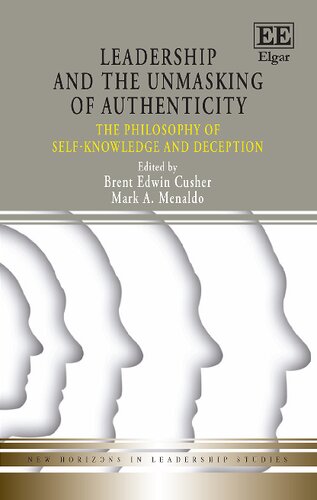

Most ebook files are in PDF format, so you can easily read them using various software such as Foxit Reader or directly on the Google Chrome browser.
Some ebook files are released by publishers in other formats such as .awz, .mobi, .epub, .fb2, etc. You may need to install specific software to read these formats on mobile/PC, such as Calibre.
Please read the tutorial at this link: https://ebookbell.com/faq
We offer FREE conversion to the popular formats you request; however, this may take some time. Therefore, right after payment, please email us, and we will try to provide the service as quickly as possible.
For some exceptional file formats or broken links (if any), please refrain from opening any disputes. Instead, email us first, and we will try to assist within a maximum of 6 hours.
EbookBell Team

5.0
70 reviewsTracing the origins of our contemporary concern for authenticity to the writings of 18th century philosopher Jean-Jacques Rousseau, this book explores the key thinkers writing in the wake of Rousseau?s emphasis on sincerity, namely Friedrich Nietzsche and Martin Heidegger, to show that their acceptance of authenticity as an ideal for humanity was ambiguous at best. This volume also covers representative authors in the earlier history of philosophy, such as Plato, Niccolò Machiavelli, Francis Bacon, and John Locke. The result is a keen, in-depth analysis of works of philosophy and political philosophy that broach questions of authenticity, self-knowledge, and deception.
This critical contribution to authentic leadership theory and the theory of authenticity will be a key resource for both undergraduate and graduate students in the fields of leadership studies, political science and philosophy.
Contributors include: J.C. Byham, B.E. Cusher, E.A. Dolgoy, J. Fortier, N.W. Harter, M.A. Menaldo, H. Pedersen, J.M. Warner